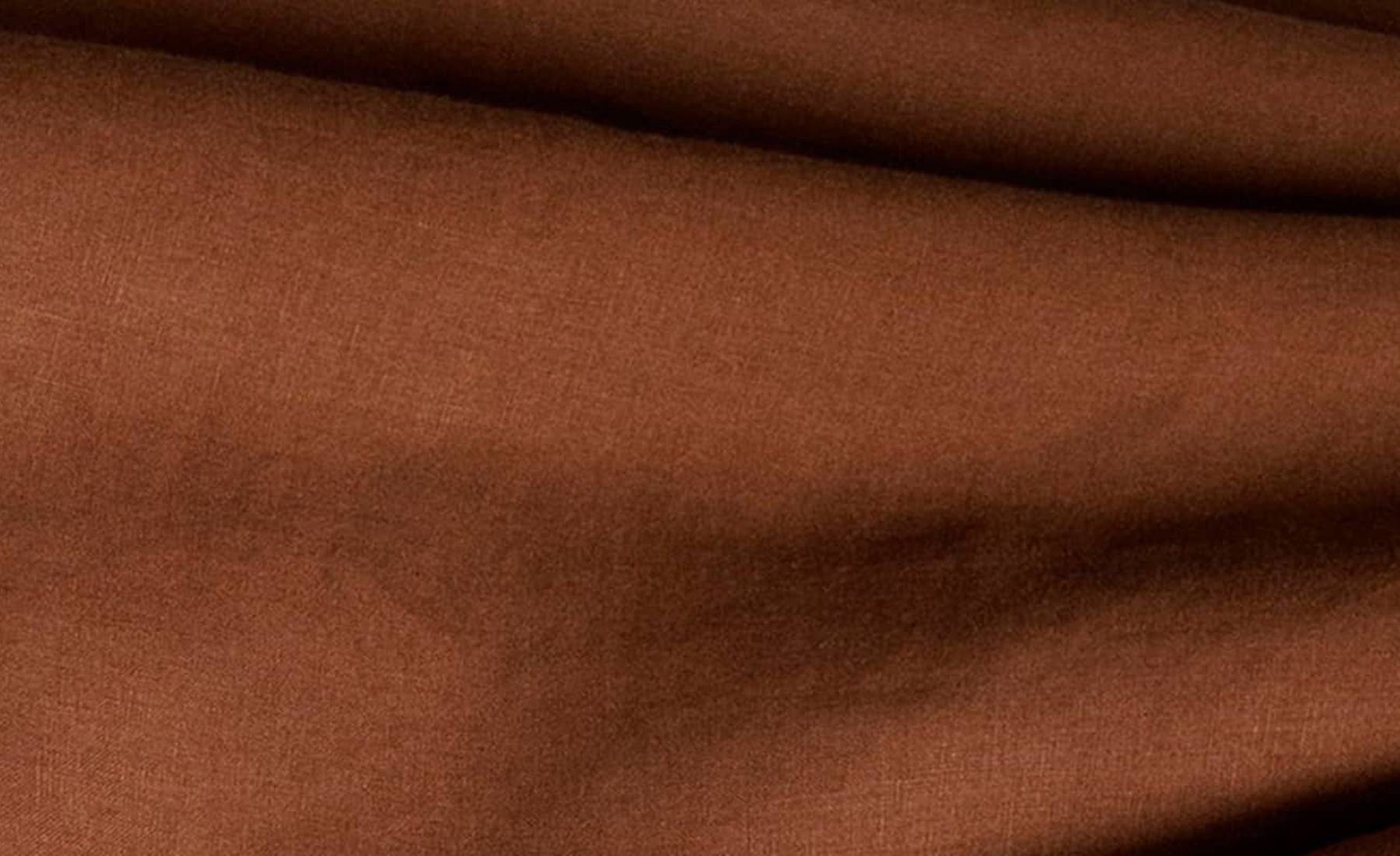

The Items
Join Life 21/22
Garment quality is one of the main priorities of Massimo Dutti’s product teams, which work on this both from a quality and sustainability point of view.

MASSIMO DUTTI
JOIN LIFE
THE ITEMS
“
MASSIMO DUTTI TAGS GARMENTS THAT ARE PRODUCED USING THE BEST PROCESSES AND THE MOST SUSTAINABLE RAW MATERIALS WITH ‘JOIN LIFE’, SO CUSTOMERS CAN EASILY IDENTIFY THEM.
”
CARE FOR FIBER
All garments manufactured with more sustainable raw materials such as organic cotton, TENCEL® lyocell or recycled fibres.
CARE FOR WATER
Garments produced with water-saving technology.
CARE FOR PLANET
Garments made with processes that help to reduce emissions.

MASSIMO DUTTI
JOIN LIFE
THE ITEMS
COTTON
Cotton, the collection’s main raw material, is a scarce resource. As a result, Massimo Dutti is committed to sustainable production, mainly through organic cotton, Better Cotton (which meets the production requirements of the Better Cotton Initiative) and recycled cotton. 100% of the brand’s cotton will be sustainable (organic, BCI and recycled) by 2023.
OTHER FIBRES
Lyocell, viscose and modal fabric belong to a group of fibres that are obtained from the cellulose pulp of certain trees. In 2023, 100% of the cellulose fibres we use will be sustainable. Also 100% of the linen used by the firm will be sustainable by 2025.

RECYCLED POLYESTER
SUSTAINABLE VISCOSE AND MODAL FABRIC

ORGANIC COTTON
ANIMAL WELFARE
MASSIMO DUTTI IS WORKING TOWARDS MAKING SURE ALL ITS PRODUCTS ARE SUSTAINABLE, FROM RAW MATERIALS TO THEIR DESIGN AND PRODUCTION.

SUSTAINABLE RAW MATERIALS
Inditex collaborates with universities and international initiatives to promote sustainable raw materials and fibres, and to make them a reality. In addition, training on raw materials is provided to the sales teams and main suppliers, encouraging the use of sustainable raw materials and raising awareness of the environmental, social and economic impact of their decisions. It aims to make 100% of its cotton and cellulose fibres sustainable by 2023, while linen and polyester will be sustainable or recycled by 2025.